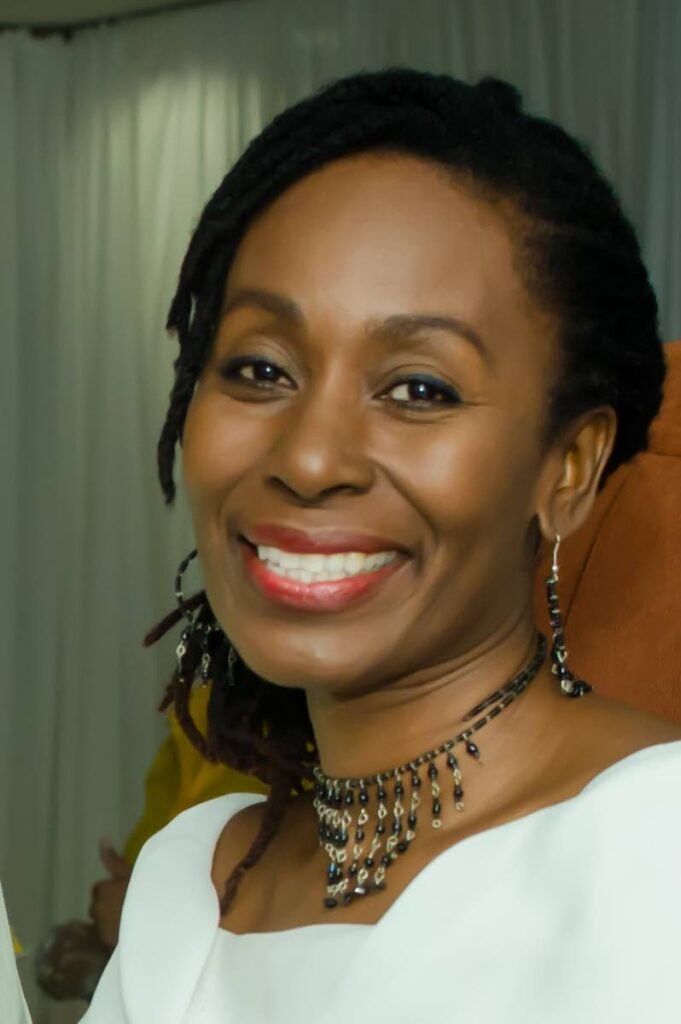Groundings with we Carnival

Culture Matters
DARA E HEALY
“… culture is not a dead thing, nor does it always remain the same. It belongs to living people and is therefore always developing…What we need is confidence in ourselves, so that as blacks and African we can be conscious, united, independent and creative.”
– Walter Rodney, The Groundings with My Brothers
THE WORK of the artist is most powerful when the viewer or listener can relate to the story being told, when they can identify their own pain, their own narrative.
I suspect that the yearning for such meaning is at the core of some of the disappointment with carnival in Tobago. Over the past weeks, as I observed the various commentaries, I felt an overwhelming sense of déjà vu. We continue to grapple with the question: what is the purpose of Carnival and how should it empower our nation?
In Trinidad, we are learning many harsh lessons for refusing to answer this question. There was a moment when the Carnival did respond to the needs of a developing nation. In treating with themes such as racial equality, the environment or social progress, artists helped us express what we were feeling through the mas, pan and calypso.
Jeff Henry documents that “Emancipation was the beginning of the Africans’ participation in masking as free men and women.” However, as we know, the enslaved brought their centuries-old religious beliefs and practices, movement, dance, costuming and speech traditions. During enslavement, they found ways to manifest these cultural traditions, masking them as entertainment under the scrutiny of plantation masters. Thus, for the enslaved, Carnival represented a reclaiming of self as “the Africans found ways and means to thread their history through drama, mime, dance, song and storytelling.”
Culture served a similar purpose in Tobago. As established by Rita Pemberton and other researchers, local practices “provided the means for a strong assertion of identity for the island’s oppressed African population during and after emancipation.” Music, song and dance were interwoven with work. For instance, one work song from Tobago in the call-and-response African style says, “Pull, pull, leh we go/Hold yuhself we going down/Pull, pull, leh we go/Hold yuhself, we going up.”
Still, the battle to preserve African traditions was constant. In 1798, the African drum was banned in Tobago. By 1884, drums were outlawed in Trinidad, with elitist newspapers of the times describing African music as “barbarous sounds.”
Hollis Liverpool notes that in 1853, Joseph Allen of the Congo Society was charged with disorderly conduct in a dance. In reality the members of the society were holding a traditional African wake, no doubt in bongo style, to honour those who had transitioned.
The Congo influence in Tobago was also strong. JD Elder wrote about spiritual elders “Congo Keorke, Congo Leberoot and Congo Peter Jorge,” members of the Congo community who had their own form of music, dance and language. These expressions affect music, speech patterns and spiritual practices on the island today.
The cultural traditions of Africans were described in such terms as “wild,” “excessive” and “repulsive.” African religions were demonised in the eyes of Christian believers, adding another layer of distrust of African cultural forms.
Yet historical records reveal a level of hypocrisy in the reaction of enslavers and the upper classes to Africans’ spiritual and cultural traditions. The Africans were allowed to have their festivals, work songs, even stickfighting, as long as these activities meant they worked harder.
We still do not fully trust or understand Carnival. Our institutions have yet to teach formally about the influence of Africa in the costuming, masking traditions and rituals of the festival. Today, some of the comments in the newspapers by so-called decent members of society bear a disturbing similarity to commentary from the 1800s. Many authority figures still view Carnival as an occasion on an event calendar, rather than a cultural legacy with the potential to empower us beyond fixed dates. And, significantly, Carnival is still offensive to many religious sensibilities.
But if we are dissatisfied with the aggressive sexuality on display during the festival, perhaps it is time to address our resistance to teaching healthy sexual attitudes and behaviours, our top-ten global rating for online pornography and the prevalence of children who are sexually abused by adults.
So, what is the purpose of Carnival? It is an essential aspect of what defines us as a whole.
Until we validate its cultural groundings, feelings of disappointment are inevitable.
Dara E Healy is a performance artist and founder of the Indigenous Creative Arts Network – ICAN


Comments
"Groundings with we Carnival"